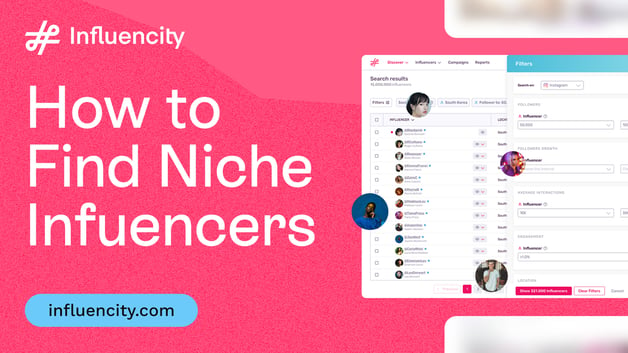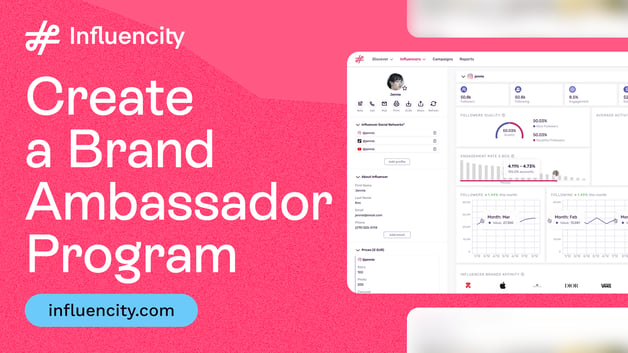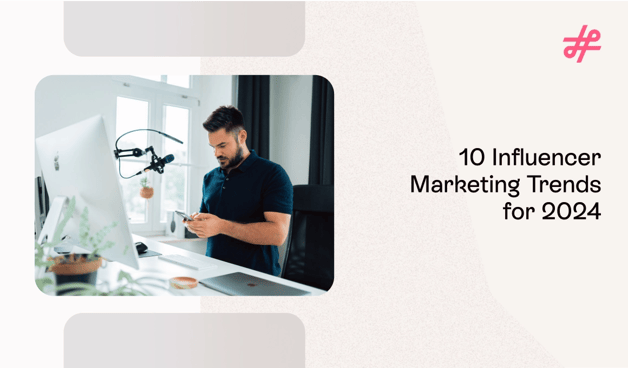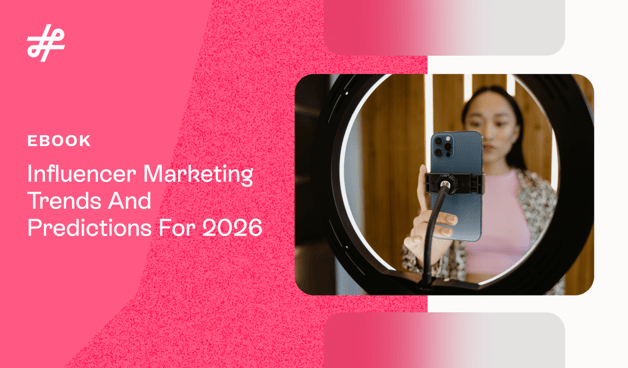Influencer Marketing ROI
Transform Your Influencer Marketing ROI with Effective Sales Enablement Content
Influencer Marketing ROI
Influencer marketing has evolved into one of the most effective ways to engage consumers, drive brand awareness, and foster long-term loyalty. However, the real challenge lies in translating that engagement into sales—a gap that can be bridged through a well-crafted Sales Enablement Content Strategy within an influencer marketing plan.
When influencer content aligns with your sales enablement goals, it becomes a powerful tool to push potential customers down the funnel, transforming interest into action.

In this article, we’ll dive deep into:
- The strategy behind sales enablement content in influencer marketing
- Best practices in sales enablement content with influencers
- Examples that illustrate how to maximize sales potential with influencers
What Is Sales Enablement in the Context of Influencer Marketing?
Sales enablement refers to equipping your sales team—or in this case, your influencers—with the tools, content, and information they need to engage and convert customers effectively. When applied to influencer marketing, this means arming influencers with the right content, messaging, and resources to create a direct pathway from awareness to purchase.
In traditional B2B models, sales enablement content helps sales teams communicate with prospects. However, in influencer marketing, influencers are the ones driving engagement and subtly guiding their followers toward a purchase decision. The focus here is on providing them with highly personalized content that speaks directly to their audience's pain points, using their authentic voice and communication style.
Why Is a Sales Enablement Content Strategy Important in Influencer Marketing?
The power of influencer marketing lies in its ability to establish trust. In fact, 84% of consumers trust recommendations from influencers just as much as personal recommendations from friends and family (Statista, 2023). While this trust can be invaluable for driving awareness, turning that awareness into sales requires a strategic approach.

Here’s why a sales enablement content strategy is critical for influencer marketing:
Moves Beyond Awareness
Influencers are adept at generating excitement and capturing the attention of their followers, which is excellent for increasing brand awareness. However, without a strategic content plan, this awareness may not translate into tangible sales. A tailored sales enablement content strategy equips influencers with the tools and messaging they need to guide their audience from mere interest to actual conversion.
Case Study: Daniel Wellington Watches
Daniel Wellington moved beyond mere brand awareness by partnering with influencers who showcased the stylish watches and encouraged followers to make a purchase through personalized discount codes. Influencers shared posts featuring the watches in everyday settings, accompanied by stories about how the accessory complemented their lifestyle.
The inclusion of exclusive discount codes provided a direct call-to-action, effectively pushing interested followers further down the sales funnel. This strategy resulted in a significant increase in conversions, turning social media engagement into measurable sales.
Personalized Messaging
With a proper strategy, influencers are equipped to deliver messages that are directly aligned with your brand’s value propositions and tailored to their specific audience's interests and needs. Personalized messaging increases the relevance of the content, making it more likely that followers will consider and purchase your product or service.
Case Study: Glossier's Skincare Products
Glossier collaborated with beauty influencers who had diverse skin types and concerns. Each influencer received a personalized set of products suited to their skin. They shared their unique skincare routines, highlighting how Glossier's products addressed their specific needs.
Aligning the messaging with individual experiences made influencers provide authentic testimonials that resonated with their followers. This personalized approach increased trust and credibility, leading to higher engagement rates and a boost in product sales among different customer segments.
Consistency Across Channels
Sales enablement content ensures that, regardless of the influencer’s platform—be it Instagram, YouTube, TikTok, or a blog—your key messages remain consistent. This consistency reinforces your brand's value propositions and helps in building a strong, unified brand image that drives home the benefits of your product or service.
Case Study: Nike's "Just Do It" Campaign
Nike partnered with a range of influencers across various platforms to promote their "Just Do It" campaign. Each influencer was provided with a content guide emphasizing the campaign's core message of motivation and perseverance.
Whether the influencer was a runner on Instagram, a basketball player on YouTube, or a fitness enthusiast on Twitter, they all shared stories and content that aligned with Nike's messaging.
This consistency across channels amplified the campaign's impact, making the message more memorable and persuasive. As a result, Nike saw increased engagement and a rise in sales for the products featured during the campaign.
Best Practices for Building a Sales Enablement Content Strategy in Influencer Marketing
Define Clear Goals
Your influencer marketing campaign must be guided by clear objectives. Are you aiming to increase direct sales, gather leads, or push traffic to a specific landing page? Setting defined KPIs such as click-through rates (CTR), conversion rates, or return on investment (ROI) is essential to determine the success of your influencer sales strategy.

When working with influencers, specify whether their goal is to drive traffic to a product page or promote a discount code. Each objective will require different types of content.
Create Targeted Buyer Personas
To ensure your sales enablement content resonates with the right audience, develop detailed buyer personas based on your target market. Make sure the influencers you collaborate with have followers who align with these personas.
Pro Tip: Leverage influencer analytics platforms like Influencity to analyze influencer demographics and ensure their audience matches your ideal customer profile.
Equip Influencers with High-Value Content
Sales enablement content isn’t just about product descriptions—it’s about giving influencers valuable information and resources that they can use to convert their audience. Consider these content types:
- Product Demonstration Videos: Show how your product solves a problem.
- Case Studies & Testimonials: Give influencers success stories that demonstrate real-world value.
- Explainer Infographics: Equip influencers with visually engaging content that highlights your product's key benefits.
When GoPro launched its Hero8 camera, it provided influencers with tutorials and demo videos that showcased the camera’s standout features, which helped influencers create authentic content around real-world use cases.
Focus on Value-Driven Content
Instead of pushing for a hard sell, help influencers deliver content that provides value to their audience. Educational or problem-solving content often resonates better, making the eventual product recommendation more effective.
Campaign: La Roche-Posay and Influencer Hyram Yarbro (@skincarebyhyram)
La Roche-Posay partnered with skincare influencer Hyram Yarbro, known for his educational content on skin health. Hyram created a series of videos and posts discussing common skin issues like acne and sensitivity. He educated his audience on ingredients to look for and avoid, emphasizing the importance of a proper skincare routine.
Why It Matters:
- Value-Driven Content: The focus was on educating the audience about skin health rather than pushing a hard sell.
- Problem-Solving Approach: Addressed common skincare problems and offered solutions.
- Authentic Recommendation: Hyram's genuine advocacy built trust with his followers.
Campaign: Microsoft Surface and Influencer Justine Ezarik (@iJustine)
Microsoft collaborated with tech influencer iJustine to showcase the versatility of the Microsoft Surface in setting up an efficient home office. In her YouTube videos, Justine provided tips on creating a productive workspace, including lighting, organization, and multitasking setups. The product was integrated naturally as part of her personalized workspace tour.
Why It Matters:
- Educational Content: Offers viewers practical advice on home office setups.
- Product Integration: Showed the Microsoft Surface in real-life applications without overt selling.
- Audience Engagement: Content was tailored to her followers interested in tech and lifestyle improvements.
Provide Personalized Affiliate Links and Promo Codes
One of the simplest yet most effective ways to track the success of sales enablement content is by using personalized affiliate links or promo codes. This allows for easy measurement of sales and helps influencers track their own impact on conversions.
Pro Tip: Offer exclusive promo codes to influencers to make their audience feel special. For instance, a beauty brand could offer a "MUA20" code for 20% off to followers of beauty influencers.
Leverage UGC (User-Generated Content) in Sales Enablement
Influencer-generated content often sparks user-generated content (UGC), which acts as social proof for your brand. This content can be repurposed across your sales and marketing channels, further amplifying the message. 79% of people say UGC highly impacts their purchasing decisions (Nielsen, 2022).
Fashion brand ASOS frequently features influencer and UGC content on their website and social platforms, using it as a powerful tool for both validation and inspiration.
Ensure Transparency and Authenticity
Influencer marketing thrives on trust, and the Federal Trade Commission (FTC) requires transparency around paid collaborations. Encourage influencers to disclose their partnerships while ensuring the content feels authentic and genuine. Sales-driven content should be as organic as possible to maintain credibility.
Measuring Success: Key Metrics to Track
Once your sales enablement content is in place, tracking the right metrics is critical. Here are the key KPIs to measure:
- Conversion Rate: How many users who engaged with an influencer’s content actually made a purchase? This is the primary metric that indicates the direct sales impact of your influencer marketing.
- CTR (Click-Through Rate): Track how many users clicked on the affiliate link or swipe-up link provided by the influencer. This metric helps gauge interest generated by the content.
- Sales Revenue from Promo Codes/Affiliate Links: Measure how much revenue has been directly generated from the influencer’s specific promo codes or affiliate links.
- Engagement Rate: While it doesn’t directly equate to sales, a high engagement rate (comments, likes, shares) is a strong indicator that the content resonated with the influencer’s audience and potentially sparked interest.
- Lifetime Customer Value (LTV): Influencer campaigns often bring long-term customers. Calculate the LTV of customers acquired through influencer channels to measure sustained ROI.
Examples of Successful Sales Enablement in Influencer Marketing
Gymshark
Gymshark, a fitness apparel brand, has grown exponentially by collaborating with micro and macro influencers to create educational fitness content. Their influencer partners share workout tips, apparel recommendations, and fitness challenges—all with subtle product placements. Gymshark also provides influencers with unique affiliate codes, making it easy to track conversions and ROI.
L'Oréal Paris
L'Oréal’s influencer strategy includes giving their ambassadors in-depth product guides, exclusive tutorials, and samples. By equipping influencers with all the tools they need to demonstrate the product’s value, L’Oréal ensures their campaigns are both informative and conversion-oriented.
Dollar Shave Club
Using a blend of humor and authenticity, Dollar Shave Club equipped influencers with witty, relatable content that communicated the convenience and value of their subscription service. Their direct messaging, paired with custom links for sign-ups, made it easy for influencers to drive sales effectively.
Final Thoughts on
To truly maximize your influencer marketing campaigns, you need a well-crafted sales enablement content strategy. By equipping influencers with the right content and resources, you’re not only generating buzz but also laying the groundwork for meaningful conversions. Ensure that your content strategy is value-driven, personalized, and aligned with your overall sales goals, and you’ll see influencers transform from brand advocates to powerful sales enablers.
By focusing on KPIs, providing valuable content, and constantly refining your approach, influencer marketing can drive substantial revenue growth and long-term customer loyalty. Now’s the time to elevate your influencer campaigns into an integral part of your sales strategy.
Tags:
Content Strategy
Cam Khaski Graglia
Cam Khaski Graglia is the Content Manager at Influencity, where she blends creativity, strategy, and storytelling to craft impactful content. A passionate researcher and lifelong book lover, she thrives on exploring new narratives and shaping engaging brand messaging. Beyond content strategies, briefs, and articles,...










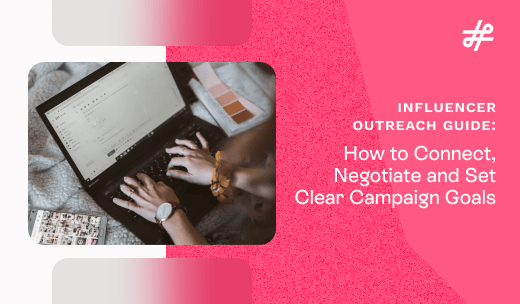
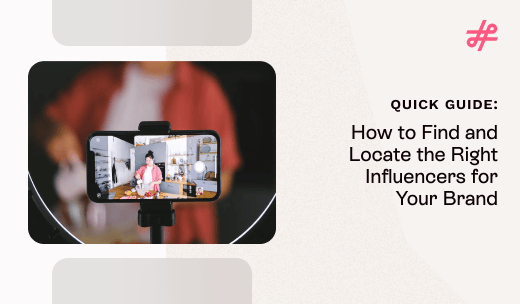


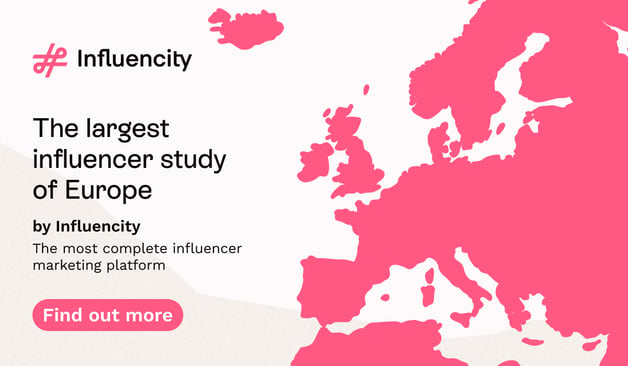

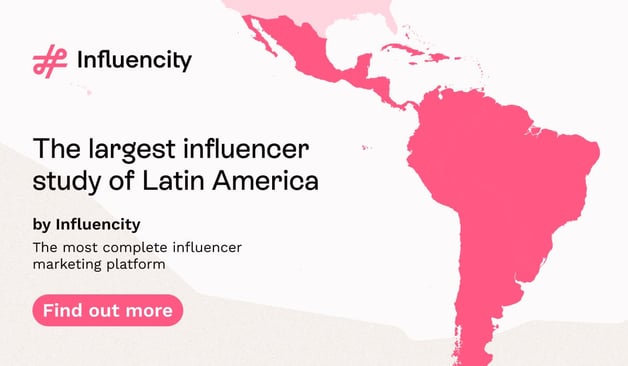


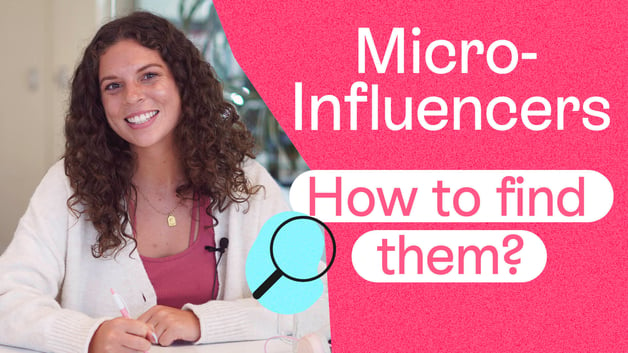


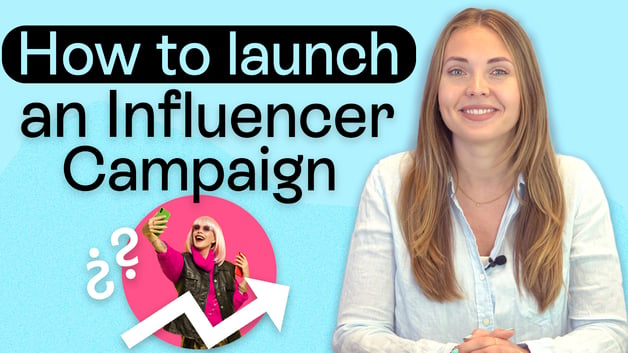

%20and%20How%20Can%20They%20Benefit%20Your%20Brand%20article.jpg?length=628&name=What%20Are%20Key%20Opinion%20Leaders%20(KOL)%20and%20How%20Can%20They%20Benefit%20Your%20Brand%20article.jpg)
